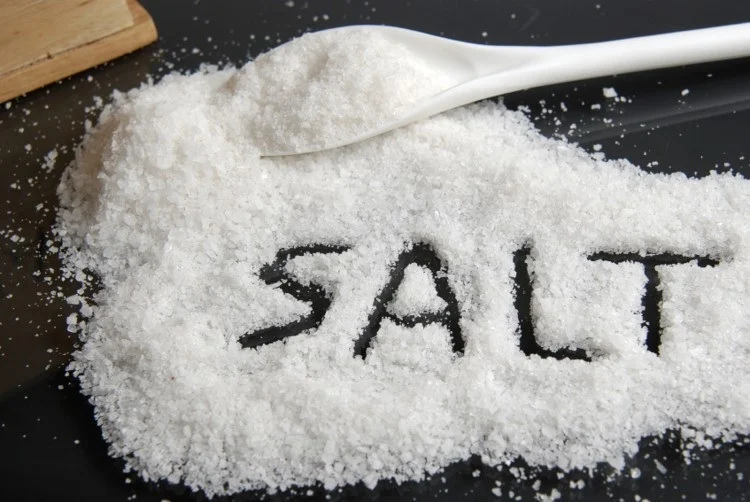Salt, a ubiquitous ingredient in our diets, adds flavor and enhances the taste of food. However, its excessive consumption can lead to various health complications, making it imperative to use it sparingly and mindfully.
Health experts recommend consuming only 2300 mg of salt per day, equivalent to approximately one tablespoon. Exceeding this limit may increase the risk of stroke and heart diseases, particularly in middle-aged individuals. Moreover, excessive salt intake during adolescence can damage blood vessels, compromising blood flow due to arterial narrowing and hardening.
To mitigate the adverse effects of excessive salt consumption, it is essential to explore alternatives that can substitute for salt in cooking while imparting flavor and promoting health benefits. Fortunately, several herbs serve as excellent salt substitutes, offering flavorful alternatives that contribute to weight loss and overall well-being.
Coriander: Known for its versatile usage, coriander leaves add a spicy and tangy flavor to dishes when ground and incorporated into food preparations.Oregano: Widely utilized in various cuisines, including Italian and Mediterranean, oregano is a staple herb in dishes such as pizza, pasta, and salads. Its aromatic flavor profile enhances the taste of meats, seafood, and vegetable-based dishes.Rosemary: Although potent in flavor, rosemary leaves are sparingly used due to their strong effects. Commonly found in pizza, meat, and potato dishes, rosemary adds depth and aroma to culinary creations.Mint: Renowned for its refreshing properties, mint leaves not only invigorate the senses but also promote digestive health. Regularly featured in salads, pasta, and ethnic cuisines, mint imparts a fresh and uplifting taste to various dishesBasil: Rich in antioxidants and possessing antibacterial properties, basil leaves infuse dishes with a spicy and aromatic flavor profile. Used in a variety of culinary applications, including sauces, soups, and salads, basil contributes to both taste and nutritional value.
By incorporating these herbs into our cooking repertoire, we can reduce our reliance on salt while still enjoying flavorful and nutritious meals. Embracing these alternatives not only enhances the taste of food but also supports overall health and well-being, making them invaluable additions to any culinary arsenal.
while salt remains an integral component of our diets, its moderation is crucial for maintaining optimal health. By embracing the diverse array of herbs available as salt substitutes, we can cultivate healthier eating habits and elevate our culinary experiences.



